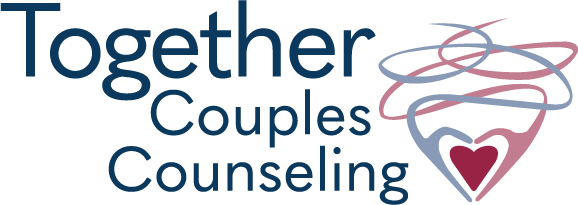The majority of couples answer my question, “What do you hope to get out of couples therapy,” the same way…
“We want to communicate better.”
The fact this is such a ubiquitous answer says a lot. And the answer itself says very little.
What does it mean to communicate better? What would that look like? How would you know you were communicating better? How can you tell you are not communicating well?
One thing has always been very clear to me about the desire to communicate better- the need beneath the problem is a longing for intimacy – true intimacy, which includes feeling seen and heard.
Communication is an Art and a Skill
Why do some people seem to be better communicators than others? We all know people who make connecting with just about anyone look easy. They are the ones we love talking to, who we turn to for advice, who hear what we are trying to say and make us feel seen. This sounds like the resume of a skilled therapist, right?
Charles Duhigg, author of Supercommunicators, sheds new light on what makes some people better at communicating than others. A ‘Super Communicator’ has mastered the art of conveying their thoughts, feelings, and ideas clearly, concisely, and thoughtfully. They are individuals who know how to listen, empathize, respond, and resolve.
Duhigg argues that supercommunicators understand that whenever we speak, we’re actually participating in one of three conversations: practical (What’s this really about?), emotional (How do we feel?), and social (Who are we?)
What can you learn from super communicators?
If you want to communicate better, as most of my clients do, here are some things you can learn from Super Communicators to help build your skills and improve your relationships:
First, Super Communicators understand that every conversation is an exchange, not a monologue. They are active listeners who ensure their partner feels heard and understood. They pay attention to non-verbal cues and respond with empathy and understanding.
Second, they are clear and concise in expressing their feelings and thoughts. They avoid ambiguities and ensure that their partner understands what they are trying to convey.
Third, they are honest but considerate. Honesty is an essential part of any relationship, but how it is delivered can make or break a conversation. Super Communicators know how to provide honest feedback or thoughts in a way that respects their partner’s feelings. This is KEY to true intimacy.
Last, they know the importance of resolution. They understand disagreements are part of any relationship and aim for repair rather than winning an argument.
These are just a few skills that Super Communicators use to navigate their relationships successfully. Communication is a super power. It’s not something people are born with. It’s something to cultivate and improve upon, just like your tennis game.
Try incorporating some of these skills into your communication. You might see your relationship flourish as a result.
If you’re struggling with communication in your relationship, contact us to see how intensive couples therapy can help you make the changes you need quickly.




